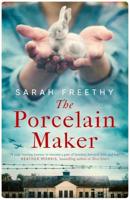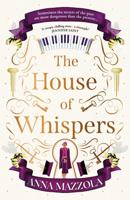Publisher's Synopsis
Fable, as a form of literary art, had at all times a great attraction for Mr. Stevenson; and in an early review of Lord Lytton's Fables in Song he attempted to define some of its proper aims and methods. This class of work, according to his conception of the matter, belonged essentially several of his own semi-supernatural stories, such as "Will of the Mill," "Markheim," and even "Jekyll and Hyde;" in the composition of which there was combined with the dream element, in at least an equal measure, the element of moral allegory or apologue. He was accustomed also to try his hand occasionally on the composition of fables more strictly so called, and cast in the conventional brief and familiar form. By the winter of 1887-88 he had enough of these by him, together with a few others running to greater length, and conceived in a more mystic and legendary vein, to enable him, as he thought, to see his way towards making a book of them. Such a book he promised to Messrs. Longman on the occasion of a visit paid him in New York by a member of the firm in the spring of 1888.










